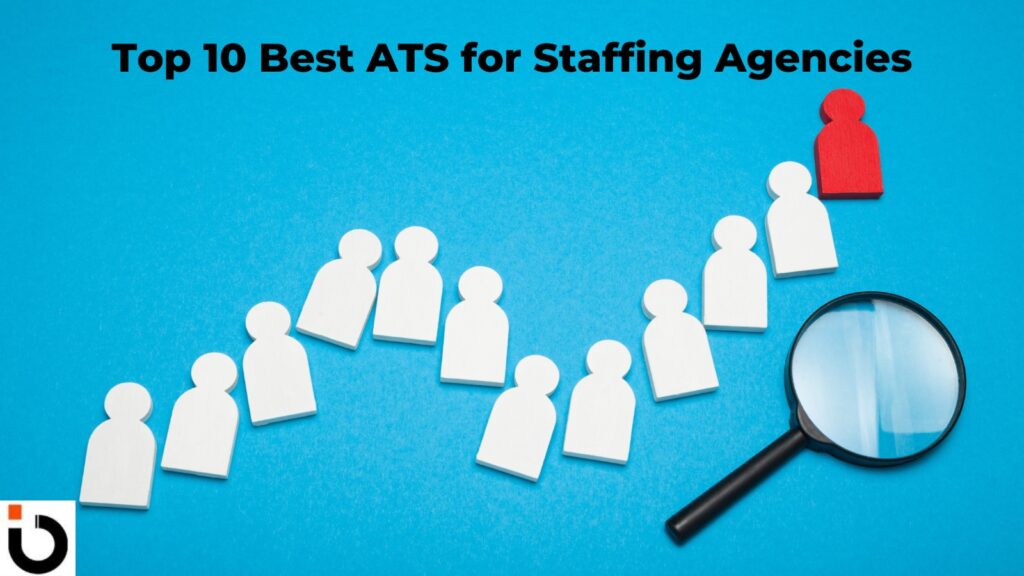A Payroll Manager plays a key role in ensuring employees are paid accurately, on time, and in full compliance with legal and financial standards. With businesses across the globe prioritizing payroll efficiency, this role has become a critical link between finance, HR, and operations. If you’re aiming to enter this field or hire for it, understanding the responsibilities, required skills, and salary benchmarks across top-tier countries is essential. This guide outlines everything you need to know about the Payroll Manager career in 2025.
Table of Contents
ToggleWhat Does a Payroll Manager Do? | What are Their Duties
A Payroll Manager plays a pivotal role in overseeing all aspects of payroll processing, ensuring compliance with regulations, and managing a team of payroll professionals. Here’s a detailed breakdown of their key responsibilities:
Payroll Manager Job Description Template
Job Title: Payroll Manager
Location: [Location]
Employment Type: Full-time
Reporting To: Director of Finance or Chief Financial Officer (CFO)
Payroll Manager Roles & Responsibilities:
- Team Leadership: Managing and leading the payroll team, providing guidance, training, and support to ensure accurate and timely payroll processing.
- Payroll Processing Oversight: Overseeing the end-to-end payroll process, including gathering and verifying employee timekeeping data, calculating wages, and processing payments.
- Regulatory Compliance: Ensuring compliance with federal, state, and local regulations related to payroll, taxes, and labor laws, and staying updated on regulatory changes.
- Systems Management: Managing payroll software and systems, evaluating and implementing upgrades or enhancements to improve efficiency and accuracy.
- Auditing and Reconciliation: Conducting regular audits of payroll records and accounts, reconciling payroll accounts, and addressing discrepancies as needed.
- Reporting: Generating payroll reports and financial statements for management, providing insights into labor costs, trends, and forecasting.
- Vendor Management: Collaborating with payroll service providers and vendors, negotiating contracts, and resolving issues to ensure efficient service delivery.
- Employee Communication: Addressing employee inquiries related to payroll, benefits, and tax withholdings, and providing assistance and guidance as needed.
Payroll Manager Requirements:
- Bachelor’s degree in Accounting, Finance, Human Resources, or related field (Master’s degree or CPA preferred)
- Significant experience in payroll management, with proven leadership skills and team management abilities
- In-depth knowledge of payroll regulations, tax laws, and accounting principles
- Strong analytical and problem-solving skills, with attention to detail and accuracy
- Excellent communication and interpersonal skills, with the ability to interact effectively with stakeholders at all levels
- Proficiency in payroll software and ERP systems, as well as advanced Excel skills
Payroll Manager Salary
🇺🇸 United States
Entry-Level: $65,000 – $85,000 USD
Mid-Level: $86,000 – $105,000 USD
Senior/Enterprise: $110,000 – $135,000+ USD
🇬🇧 United Kingdom
Entry-Level: £35,000 – £45,000 GBP
Mid-Level: £46,000 – £60,000 GBP
Senior Roles: £61,000 – £80,000+ GBP
🇨🇦 Canada
Entry-Level: CAD 60,000 – CAD 75,000
Mid-Level: CAD 76,000 – CAD 90,000
Senior Positions: CAD 91,000 – CAD 110,000+
🇦🇺 Australia
Entry-Level: AUD 70,000 – AUD 85,000
Mid-Level: AUD 86,000 – AUD 105,000
Senior/Enterprise Roles: AUD 110,000 – AUD 130,000+
🇮🇳 India
Entry-Level: ₹5 – ₹8 LPA
Mid-Level: ₹9 – ₹12 LPA
Senior/Enterprise: ₹13 – ₹20+ LPA
Note: Salaries depend on experience, region, industry, and company size. Payroll professionals with software expertise and international compliance knowledge often command higher packages.
Payroll Manager Education and Training Requirements:
While a Bachelor’s degree in a relevant field is typically required, candidates with additional certifications such as Certified Payroll Professional (CPP) or Certified Public Accountant (CPA) may have an advantage in securing roles as Payroll Managers. Continuous education and training in payroll regulations, software proficiency, and leadership development are essential to excel in this role.
Payroll Manager’s Certification
To build credibility and unlock better opportunities, certifications are highly recommended for aspiring Payroll Managers.
- In the U.S., the Certified Payroll Professional (CPP) credential from the American Payroll Association is widely recognized.
- In the UK, the CIPP (Chartered Institute of Payroll Professionals) offers relevant certification.
- Canada favors the Payroll Compliance Practitioner (PCP) or Certified Payroll Manager (CPM) through the National Payroll Institute.
- In Australia, a certificate in payroll administration or an advanced HR qualification is beneficial.
- In India, while formal payroll certifications are limited, completing HR/payroll courses through platforms like NIIT or NIFM can enhance job readiness.
These certifications reflect expertise in compliance, tax regulations, and payroll software, making you a competitive candidate in the job market.
Payroll Manager’s Resume
An effective Payroll Manager resume must blend technical proficiency with leadership and accuracy. Highlight skills in payroll software (e.g., ADP, QuickBooks, SAP, Workday), tax reporting, and compliance with labor laws. Employers in Tier 1 countries look for professionals who have streamlined payroll processes, reduced errors, and maintained audit readiness.
In your resume, include quantifiable achievements such as “processed payroll for 1,000+ employees with 99.9% accuracy” or “reduced processing time by 30% using automation.” Certifications, team management experience, and working knowledge of multi-country payroll systems should also be prominently featured.
Payroll Manager Hiring Trends
The demand for Payroll Managers in Tier 1 countries is rising rapidly due to global workforce expansion, automation, and stricter payroll compliance. In 2025, companies are focusing on professionals who understand multi-country payroll systems, tax digitization, and cloud-based payroll platforms.
Hybrid and fully remote payroll roles are becoming common, especially in large corporations and tech-driven companies. Additionally, businesses are seeking Payroll Managers with data analysis skills to forecast compensation costs and streamline processes. As workforce models evolve, payroll leadership is no longer back-office—it’s becoming a strategic business role.
Conclusion
The role of a Payroll Manager is pivotal in ensuring accurate, compliant, and efficient payroll operations within organizations. With their leadership skills, expertise in payroll management, and commitment to excellence, Payroll Managers play a vital role in supporting the financial health and operational efficiency of organizations in today’s dynamic business environment.
FAQs: Answering Your Burning Questions
Q: What is the average salary for a Payroll Manager?
A: According to Salary.com, the average salary for Payroll Managers in the United States ranges from $90,000 to $120,000 per year, depending on factors such as experience, location, and industry.
Q: Is certification necessary to become a Payroll Manager?
A: While certification is not always mandatory, obtaining credentials such as Certified Payroll Professional (CPP) or Certified Public Accountant (CPA) can enhance credibility and job prospects for Payroll Managers, particularly in competitive job markets or for roles requiring specialized expertise in payroll management.
Q: What skills are essential for a Payroll Manager?
A: Key skills for success in this role include leadership, regulatory compliance, systems management, auditing, reporting, and effective communication.





